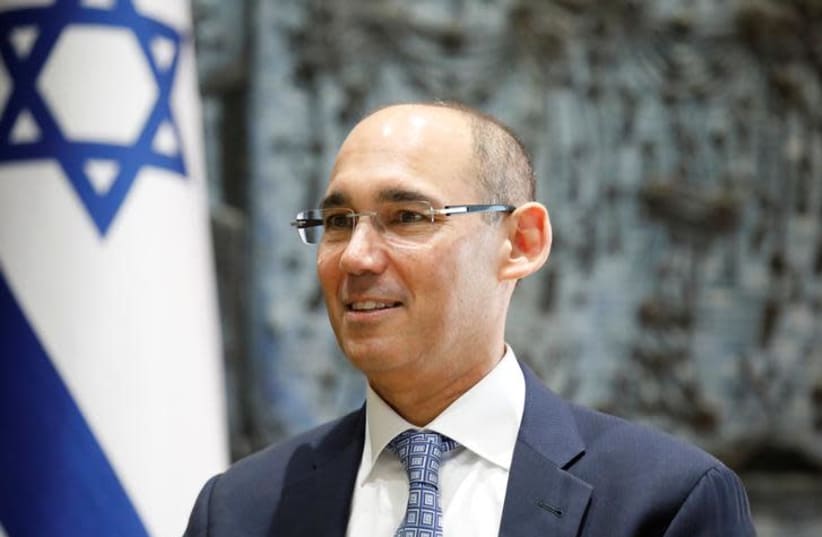The Bank of Israel’s monetary committee again opted to leave its interest rate unchanged at 0.25% on Monday, citing lower than predicted inflation due to the continued appreciation of the shekel.
Future rises in the interest rate, the committee said, will be “gradual and cautious” in a manner that will lead to the stabilization of inflation according to the midpoint of the bank’s 1% to 3% target range.
“For the year to date, the shekel has strengthened by 6% in terms of the nominal effective exchange rate, and since the last meeting it has appreciated by 1.2%,” the committee, headed by Bank of Israel Governor Prof. Amir Yaron, said.
“The appreciation is the main factor that is delaying the continued increase of the inflation rate toward the midpoint of the target.”
The benchmark interest rate has remained at 0.25% since November when the Bank of Israel surprised analysts – during the transition period between former governess Dr. Karnit Flug and Yaron – by raising the rate from an all-time low of 0.1% after more than three-and-a-half years without change.
The inflation environment, the committee said, remained stable above the lower bound of its target range, standing at 1.3% over the past 12 months, similar to the level in recent months.
Medium-term and long-term forward inflation expectations remain around the midpoint of the target range.
The economy grew by 5.2% during the first quarter of 2019, but was affected significantly by increased new vehicle sales ahead of the implementation of new green taxation in April.
“After adjusting for this effect, the Bank of Israel Research Department’s assessment is that economic growth was slightly below 3%,” the committee said, marginally below its potential.
Employment rates increased slightly from already-record levels in the first quarter, and wages also continued to rise, led by the business sector.
Home prices, the committee said, returned to registering moderate increases in recent months. Prices have risen by approximately 0.5% in the past year. The number of transactions have increased markedly, particularly among first-time homebuyers, and the trend of expansion in mortgage volume has continued alongside slightly declining mortgage interest rates.
The committee also highlighted increasing “risks to the global economy,” mainly due to the worsening trade war between the US and China.
“The IMF [International Monetary Fund] again revised its world trade forecast downward and revised its growth forecasts downward for most regions, particularly for Europe,” the committee said. “The slowdown in world trade continues, and includes the emerging economies.”
The next decision regarding the bank’s interest rate will be published on July 8.
